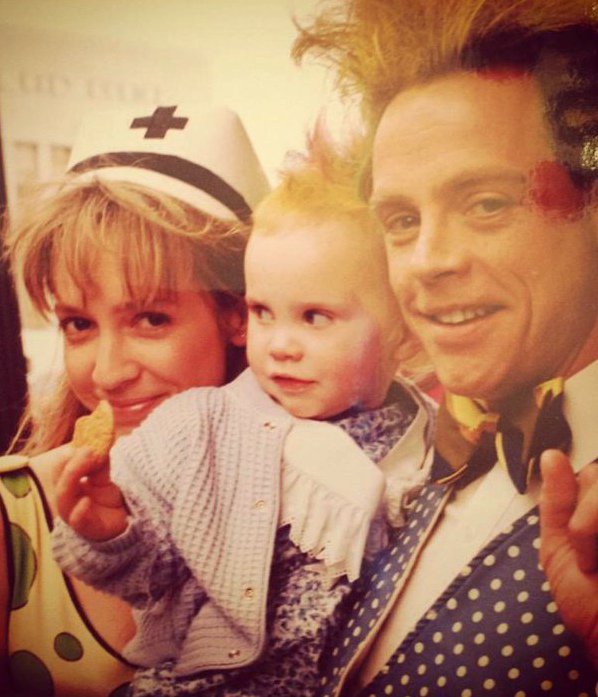but how could you realistically defend Barry without telling that he's the Flash?
The defense does not need to prove the defendant's innocence. The defense doesn't strictly need to present a case at all, since the defendant's innocence is the presumptive, default position. The burden lies with the prosecution to prove the defendant's guilt beyond a reasonable doubt.
So all Cecile needed to do was to create reasonable doubt about the prosecution's theory of the case. If she could've shown there was a reasonable possibility that the evidence against Barry was falsified, if she could've cast doubt on the legitimacy of the physical evidence and the forensic findings and posited an alternative theory of the case that the prosecution couldn't disprove, then that would have resulted in a not-guilty verdict. The defense doesn't have to be about the defendant at all, if it can discredit the evidence and the prosecution's theory.
Cecile could've ridden on the contradictory timeline -- half a dozen witnesses, including a CCPD detective, could testify that Barry was with them at the time of the murder. Yes, he had DeVoe's DNA on his person, but if the prosecution couldn't explain his whereabouts adequately, then they would've failed to prove their case. There's also the implausibility of the idea that an experienced CSI would commit a murder where all the physical evidence points so clearly to him. Cecile could've argued that a CSI who committed murder would have concealed the evidence, that the obviousness of the evidence against him is more consistent with a frame job. As long as she could make a frame seem to the jury like a realistic alternative interpretation of the evidence, one that the prosecution couldn't rule out, then the verdict would have to be not guilty.



